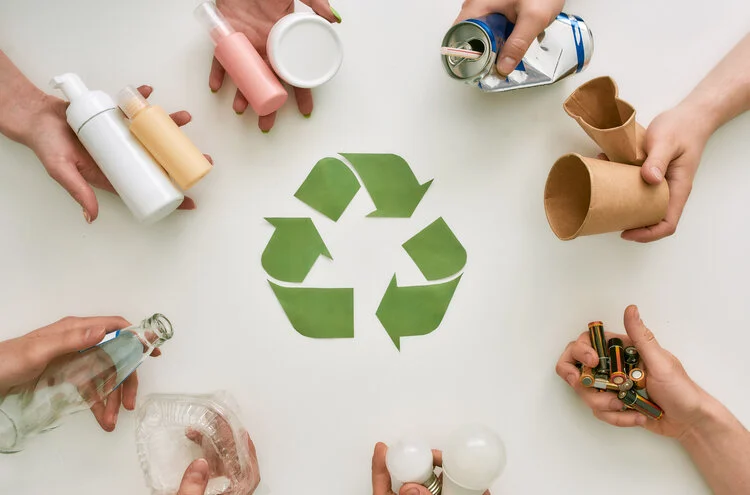
7 Eco-Friendly Changes to Make in 2023
Being more eco-friendly should be on all of our new year’s resolution plans for next year. Climate change is one of the greatest dangers to our planet, and nowadays, being more eco-friendly at home, at work and while we travel is easier than ever, as more and more brands and companies start to offer sustainable solutions and alternatives. Some of the changes that we can make to our day-to-day lives to be more environmentally friendly are small and easy to achieve, while others are much larger, and might not be possible for all budgets. But none are more important than the others. Here are some of the best changes, big and small, that you can make to be more eco-friendly in 2023.
Go Electric
Rushing out to replace all of our appliances and our cars with brand-new, greener alternatives, isn’t sustainable or environmentally friendly. We should all be trying to avoid waste and buy less. But if you do need a new car, make sure you look at electric options which are much better for the planet, cheaper to run, and often more reliable. If you want to learn more about electric vehicles, we recommend this guide which is full of information and advice.
Leave the Car at Home
Walking short distances is a great way to reduce pollution and also an excellent way for you to get more exercise. Set yourself a target of always walking anything under a certain distance, or time, for example, 30 minutes.
If your journeys are longer than this, such as your commute to work, try to park further away so that there are still some benefits. Using public transport when possible is another great way to reduce your personal emissions.
Avoid Energy Waste
At the moment, many of us are worried about our energy bills rising, and even the risk of energy shortages over the winter months. That makes it an ideal time to start thinking about your energy usage, and how much of it you waste with simple mistakes like leaving the lights on when you don’t need them, leaving the heating on when you leave the house and letting draughts into your home.
Reuse When Possible
Decades ago, most things were reusable. Disposables like plastic bottles and bags replaced glass and cotton options because they were more convenient. Over time, our love of convenience meant that disposables became the norm. Now, we’re looking to reduce our use of disposables, and replace them with reusables.
Reusable bottles, clothes, bags and other supplies can save you money and be more environmentally friendly. Whenever you buy something, try to opt for the reusable options instead of disposables, and if you can, try to reuse what you’ve already got, instead of buying new.

Shop Second-Hand
If you do need to buy something, before rushing out and buying new, take your time to explore second-hand options. Look in charity shops and online at sites and apps like Vinted and eBay, or if you are looking for things like clothes and books, see if you can swap with friends and family instead of buying things at all.
If you just need something for a short time, perhaps an appliance or tool, try to borrow, or rent, instead of buying something that will live in a cupboard when you have finished with it. These are all great ways to save money, as well as reduce your carbon impact.
Shop More Mindfully
Shopping second-hand and borrowing instead of buying are great ways to shop more carefully. But it’s often our easy, convenient habits that cause the most damage. Instead of simply shopping at the nearest big supermarket, or buying new technology when it comes out, take the time to think more carefully about what you buy, where you buy it from, and what you do with it afterwards.
Shopping mindfully simply means thinking about things more. Ask yourself if you really need to buy something new. If you do, take the time to think about where it’s coming from. Instead of shopping in a large store, or buying food from all over the world, ask yourself if you could buy fresh, local produce, or shop with small, independent businesses to support your local economy, and cut the distance that goods have to travel.
If you can afford to, it’s also worth thinking about the life cycle of the goods that you buy and spending a little more on something that will last for a long time.
Cut Food Waste
Food waste is a huge problem all over the world. It’s thought that we waste around one-third of the food that we produce. Start making meal plans, only buying and cooking what you need, and freezing leftovers to cut your waste.
Whether you are making big changes, like getting solar panels at home, buying an electric car, or just trying to avoid waste and disposables, remember, everything counts, and all changes are better than nothing.









